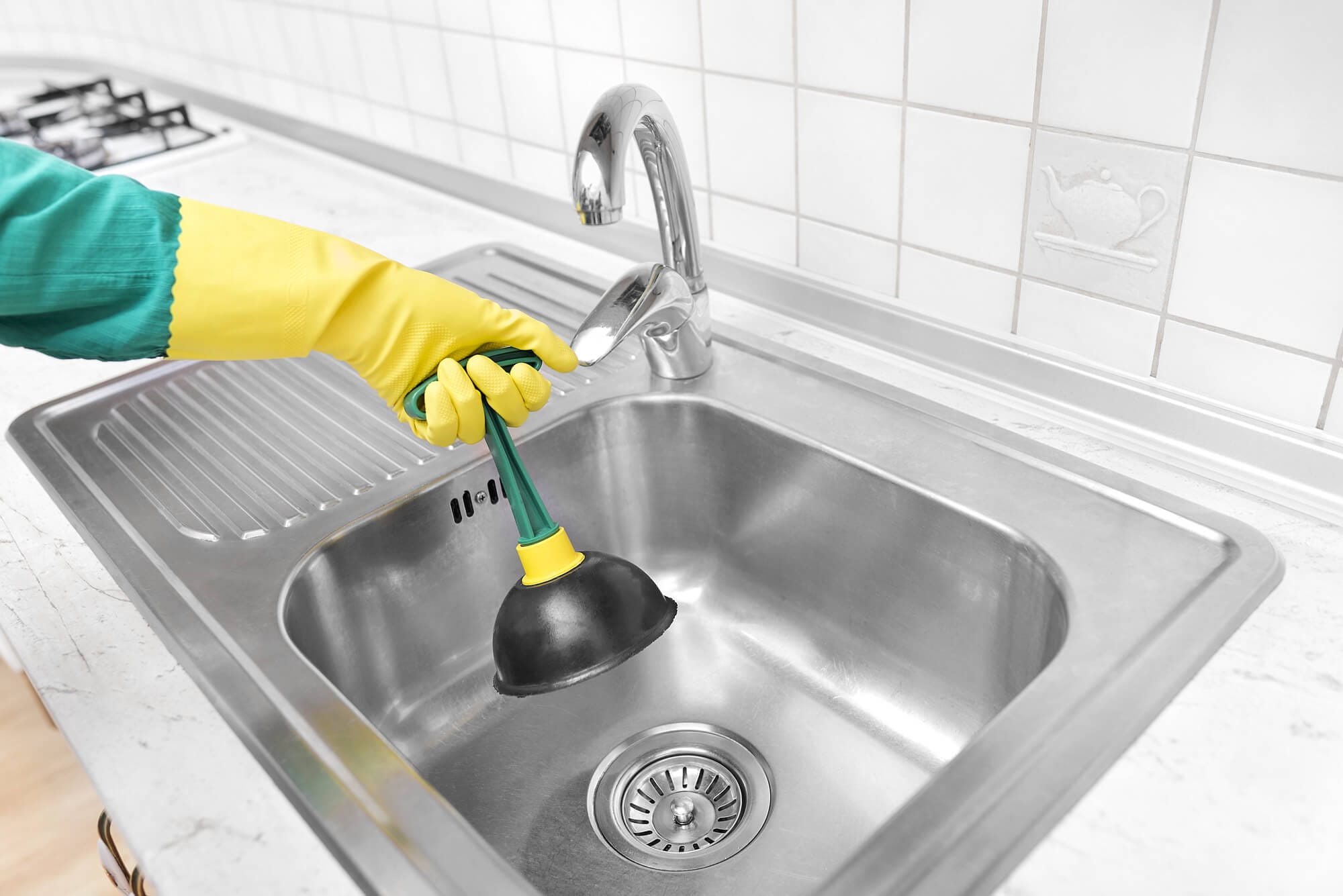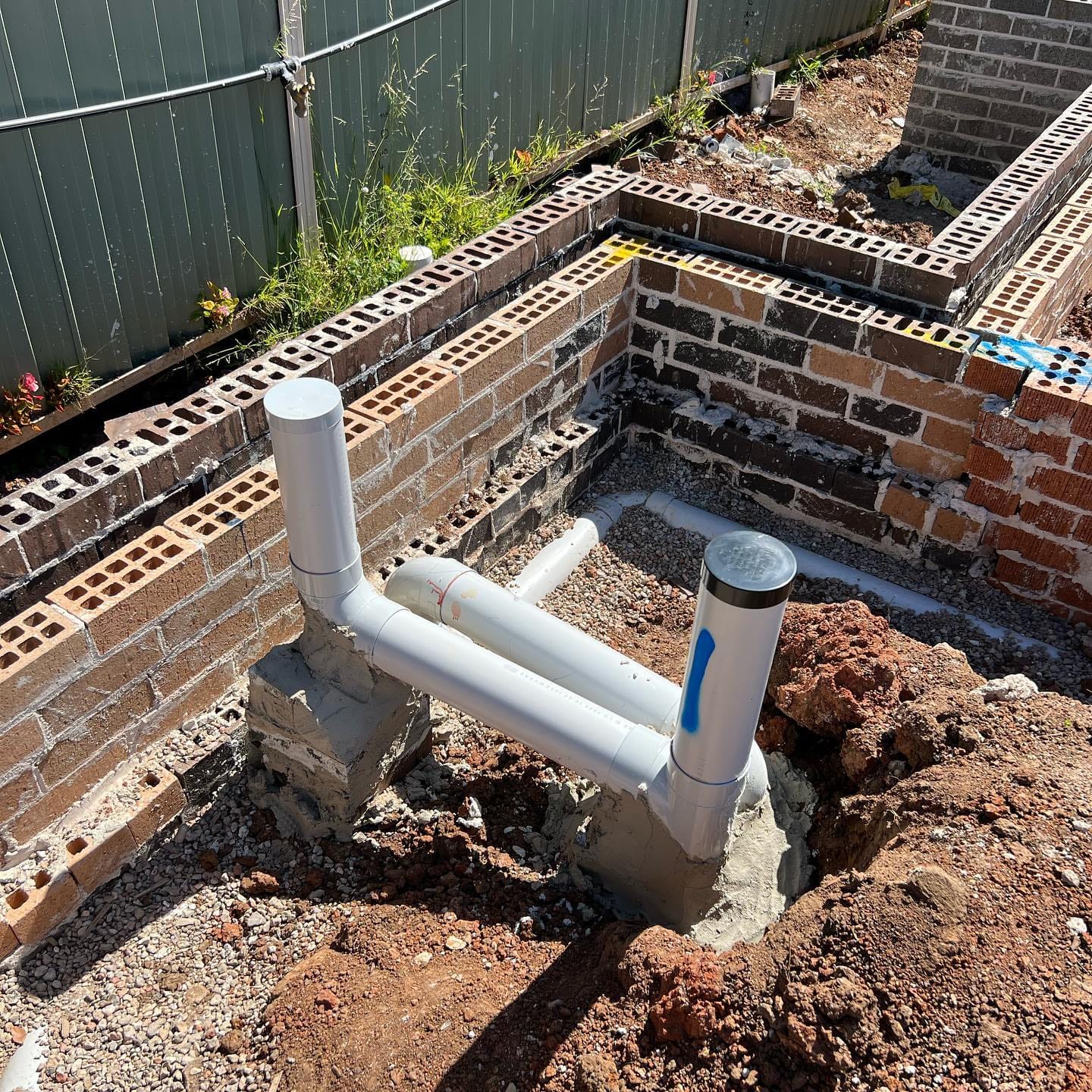Blocked drains are one of the most common (and frustrating) plumbing problems in Australian homes. Whether it’s a slow-draining shower or a kitchen sink that won’t empty, clogs can mess up your day and your plumbing system.
The good news? Most blockages are completely preventable with a few simple habits and a bit of maintenance.
Here’s how you can stop clogged drains before they happen, room by room.
Kitchen: Keep Grease and Food Scraps Out
The kitchen sink sees a lot of action, and it’s one of the most common places for clogs to build up.
What causes it:
- Cooking oil, grease and fat
- Food scraps, coffee grounds, eggshells
- Soap scum and dishwashing sludge
Prevention tips:
- Wipe greasy pans with a paper towel before washing
- Use a sink strainer to catch food bits
- Never pour cooking oil or fat down the drain, collect it in a jar and bin it
- Run hot water down the drain after doing the dishes
Even if you have a garbage disposal, it’s best to limit what goes down there. Some things just aren’t meant for your plumbing.
Bathroom: Stop Hair and Soap Build-up
Between showers, shaving and brushing teeth, your bathroom drains cop a lot.
What causes it:
- Hair (especially long strands)
- Soap residue and shampoo
- Toothpaste and skincare products
Prevention tips:
- Use a hair catcher in your shower or bath
- Clean drain grates regularly
- Once a week, pour hot (not boiling) water down the drain to help flush residue
- Avoid rinsing clay masks, heavy creams, or oils directly into the basin
A little weekly maintenance can go a long way in keeping bathroom drains flowing smoothly.
Toilet: Only Flush Toilet Paper
Toilets are only designed to handle two things, waste and toilet paper. Anything else risks clogging your pipes or your sewer line.
What causes it:
- Wet wipes (even the ‘flushable’ ones)
- Tissues, paper towels
- Sanitary products and cotton buds
- Excessive toilet paper at once
Prevention tips:
- Keep a bin nearby for all non-flushable items
- Educate kids (and guests) about what should and shouldn’t go in the toilet
- Use thinner toilet paper if you have an older plumbing system
Even small items can catch and build up over time, leading to blockages or backups.
Laundry: Don’t Forget Your Washing Machine
Laundry room drains often get overlooked, until something goes wrong.
What causes it:
- Lint, fabric threads and dirt
- Detergent residue or buildup from softeners
- Loose items like coins, tissues or hairbands
Prevention tips:
- Clean your washing machine filter regularly
- Use the right amount of detergent (more is not better)
- Check and clean drain hoses every few months
- Don’t overload the machine
Laundry clogs usually build up slowly, so regular checks can prevent surprises later on.
Outdoor Drains: Keep Them Clear All Year
Stormwater and garden drains can clog too, especially in autumn when leaves are falling.
What causes it:
- Leaves, dirt, mulch and debris
- Grass clippings and garden waste
- Toys or small items blocking grates
Prevention tips:
- Clear leaves and debris around outdoor drains weekly
- Use drain covers or guards to stop things falling in
- Don’t sweep yard waste into stormwater drains
- If you notice pooling water, get it checked before heavy rain
Blocked outdoor drains can lead to flooding and water damage, especially during Melbourne’s stormy seasons.
Bonus Tips for Every Room
- Avoid using harsh chemical drain cleaners. They can damage your pipes over time.
- Book a professional drain clean every year or two, especially if your house is older.
- If you smell something odd coming from the drain, don’t ignore it, it’s often an early sign of a blockage.
Final Word
Blocked drains are annoying, but they’re rarely random. With the right habits, you can keep your sinks, toilets and showers draining properly year-round.
Spot the early signs, act quickly, and when in doubt, call a professional. Preventing clogs is always easier (and cheaper) than clearing them.









